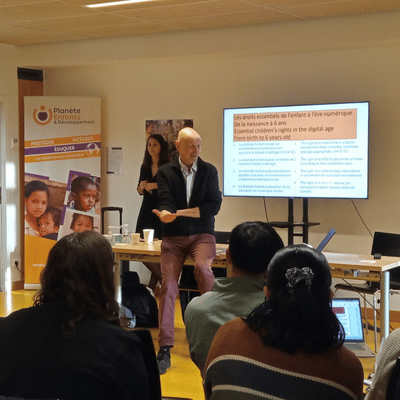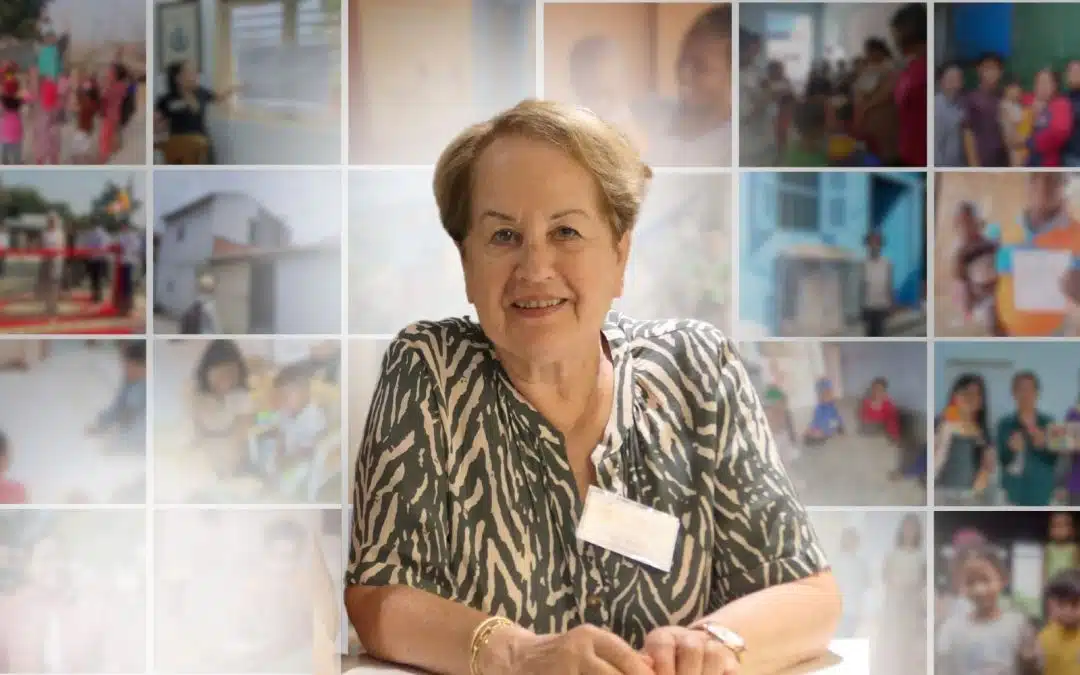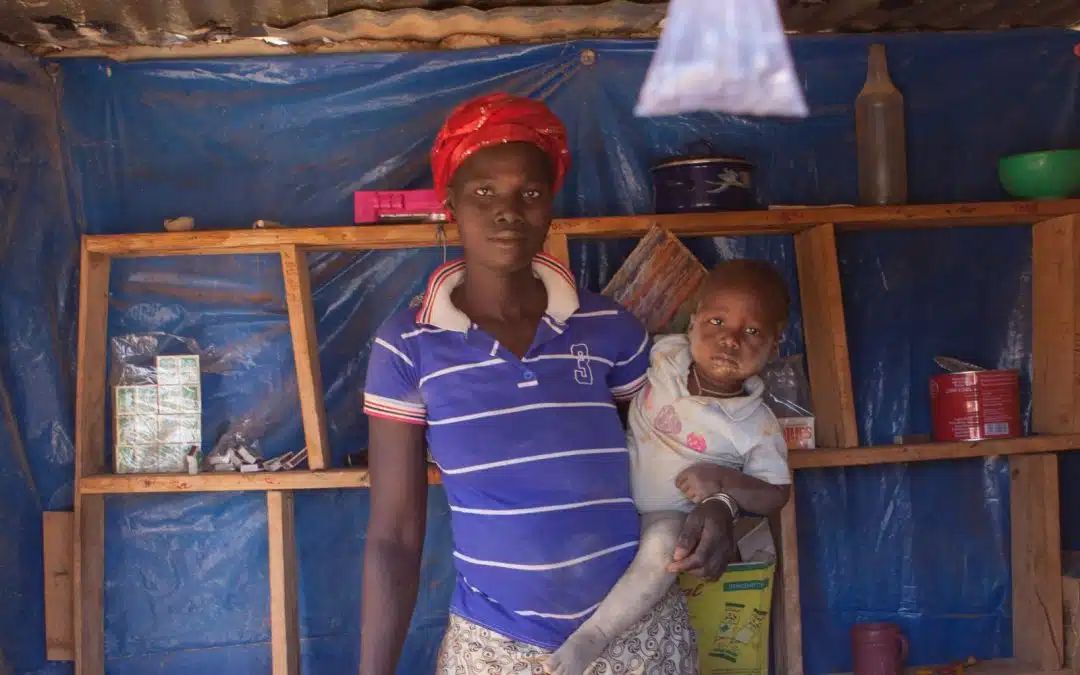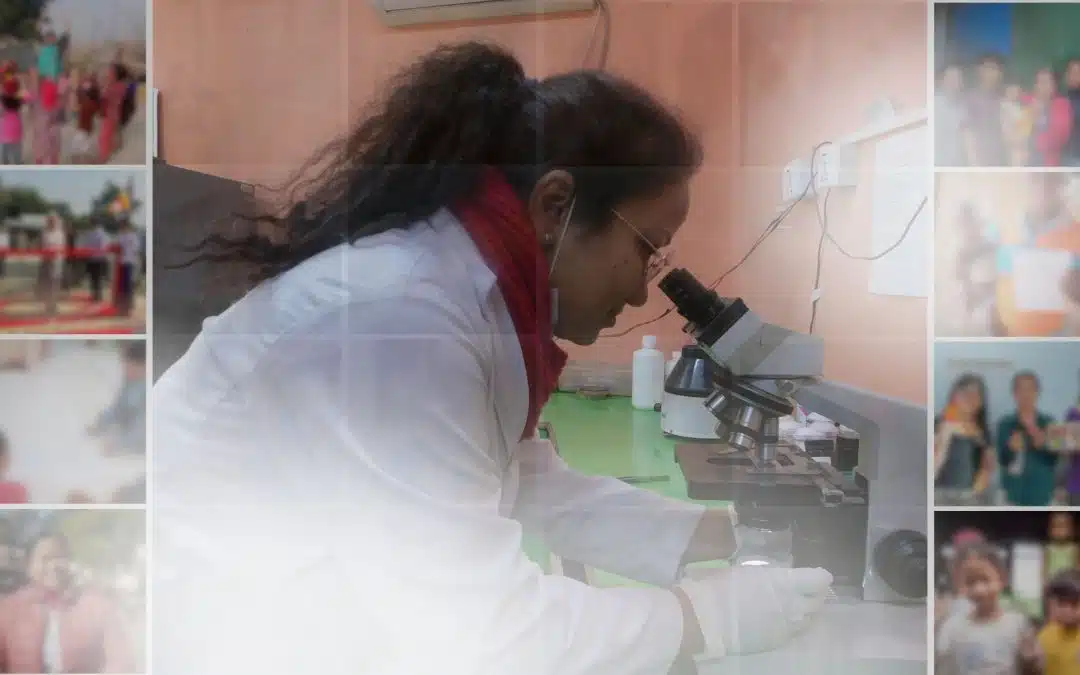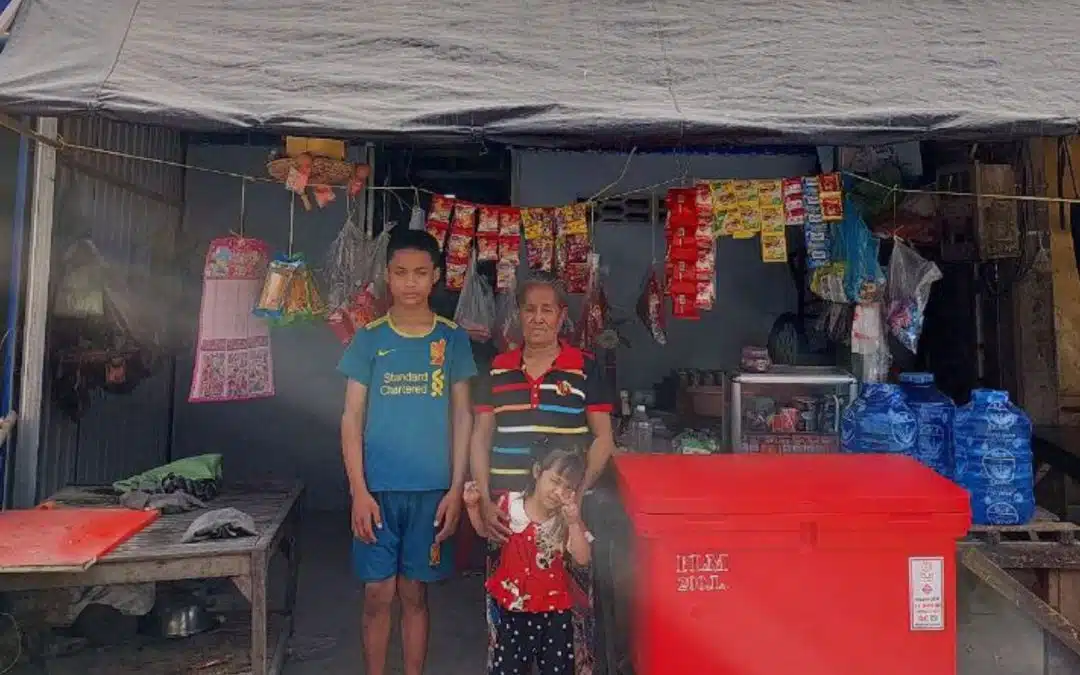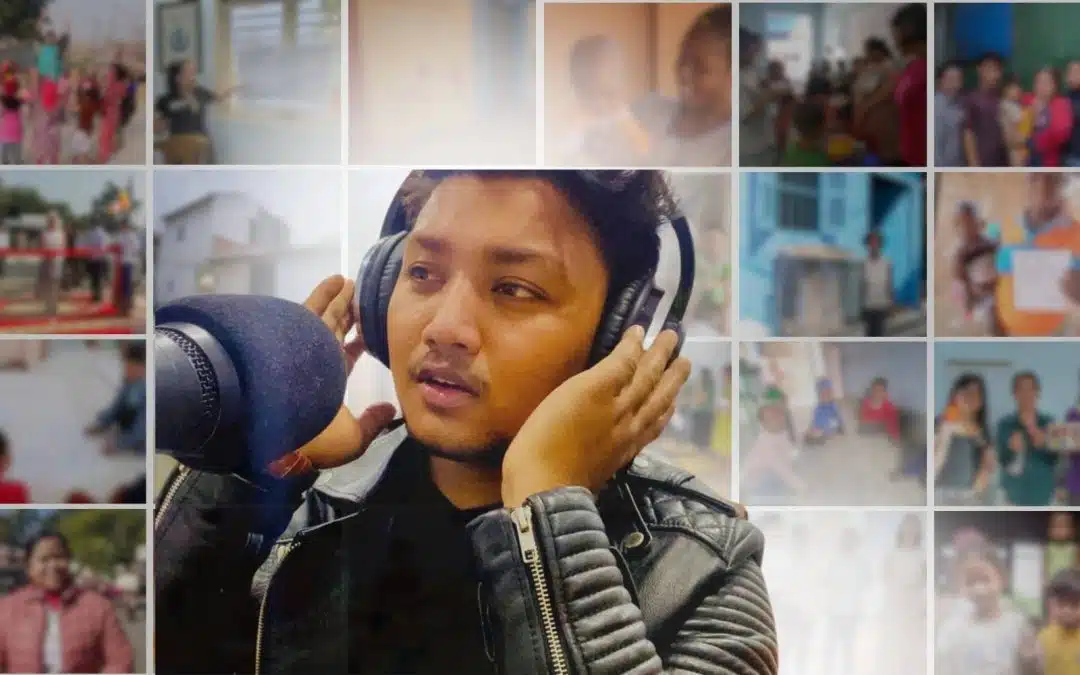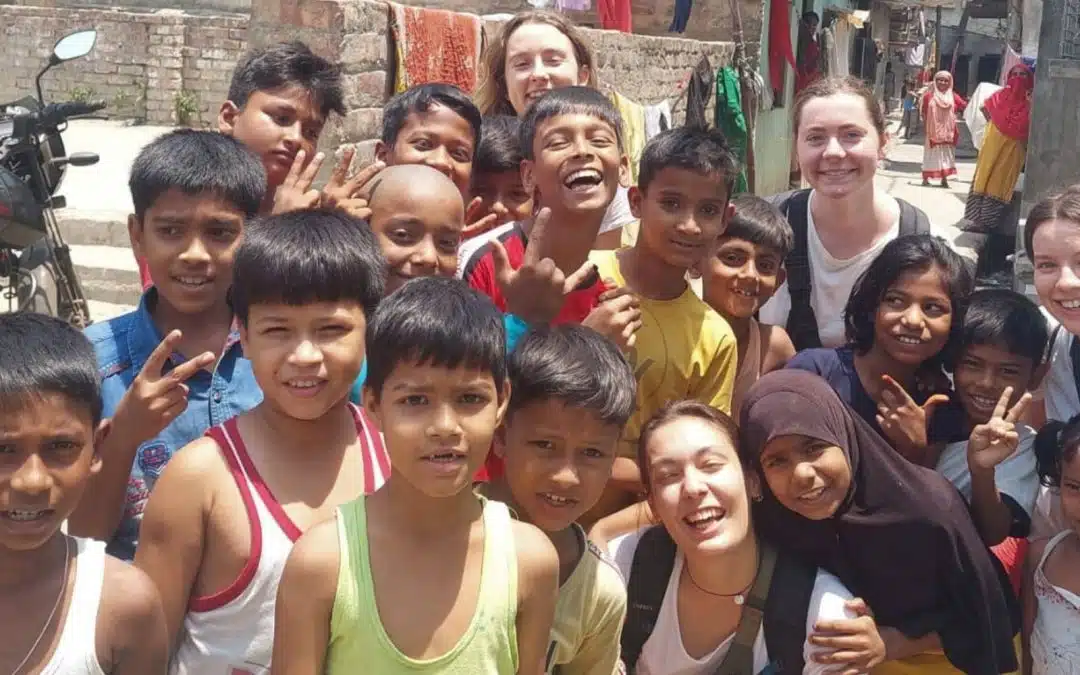What are the dangers of screens for children? The effects of screens on children's health and on the brain? Screens and sleep? Can they develop an addiction... These are some of the questions that our participants asked Serge Tisseron, psychiatrist and doctor in psychology, on Wednesday, October 19th during our seminar dedicated to Early Childhood.
The question of the effects of screens is raised in all countries for very young children. It is a question on which research has evolved considerably. For a long time considered as harmful, it is now a question of understanding how screens can be integrated into social and family life and favour the development of users. We can spend three days on them and waste our time or on the contrary develop our creativity and socialize.

"One of the main issues today is sleep"
For a long time, it has been said that screens cause eating disorders, mood disorders, attention and concentration disorders, a drop in school results... Finally, today, we are more concerned about the lack of sleep, partly responsible for these disorders. Children and teenagers do not sleep enough anymore (too many screens and blue light in the rooms!).
"What are the effects of screens on children's health and development?"
To date, we know that children who watch a lot of screens can develop sight problems linked to the blue light of the screens. But we also know that this blue light diffused by leds is drowned in all the urban, family and social environment (parking, urban and home lighting...). These leds produce the equivalent of sunlight in a very sunny country at noon. Therefore, the brain is deceived. Therefore, think of gradually reducing the intensity of the lights in your homes and the consumption of screens at the end of the day to inform your brain.
"Should violent video games be banned for children?"
For a long time, we considered that violent games could cause violent behavior in children. All these studies have been invalidated, we are scientifically at level 0! Today, we do not know how to define a cause and effect link. But we also note that the practice of these games, often in networks, forces players to develop complex and innovative social strategies.
"Can we develop an addiction to screens?"
Today, the only form of addiction recognized by the World Health Organization (WHO) is the "Gaming Disorder", diagnosed in children who have been de-socialized and out of school for more than 12 months. In other cases of excessive consumption, we do not speak of addiction. Moreover, most adolescents readjust their screen consumption naturally as they enter adulthood.
"Can we ban screens from children before age 12?"
It is very complicated to forbid screens to children in this day and age (screens are in the homes of friends, extended family, in the public space...). Moreover, the ban can provoke secrecy and secrecy and thus reduce the spaces of communication with the children. If the child thinks that his parents condemn screens, he will hide his practices. It is better to regulate.
"Should we limit a child's screen time?"
Screen time is no longer the central topic of researchers. Current studies point more to the need to take into account several factors: the age of children, the tools used, the content, the support around the screen and external factors (such as living conditions, leisure activities ...). For Serge Tisseron, beyond screen time, the important thing is to accompany the child around the screen.

Serge Tisseron's "3-6-9-12 benchmarks, taming screens and growing up".
- Before age 3: play, talk, stop TV.
No television before the age of 3, and no smartphone between the adult and the child. When an adult interacts with his child while looking at his smartphone, his sentences are shorter, the emotions and the quality of the exchange are altered. Today, the problem for babies is the parents' smartphone. This is called techno-conferencing ("daily interruptions in interpersonal interactions or time spent together due to technological, digital, and mobile devices" according to Brandon McDaniel).
- 3 to 6 years old: limit screens, share them, talk about them as a family
- From 6 to 9 years old: create with the screens, explain the internet to him
- Ages 9 to 12: Teach them to protect themselves and their exchanges
- After 12 years: stay available, he still needs you
Professor Serge Tisseron noticed that many teenagers use screens to communicate with others: "they are not addicted to their phone but addicted to their friends. They communicate by phone, while being side by side, to prevent adults from hearing their conversations. They also develop a screen intimacy around their common interests."
Learn more about tags 3-6-9-12 developed by Serge Tisseron on the website of the association 3-6-9-12.
"3 educational principles guide the management of screens with children: alternation, accompaniment, self-regulation"
- Alternation: alternate activities with and without screens, vary the programs watched, the video games explored...
- Accompaniment: talk with the child about what he sees and does with the screens, about what he feels. By encouraging the child to tell stories, we teach him to socialize through language. A child who knows how to tell a story knows how to promote himself, make friends, plead his case... He also takes pleasure in the exchange.
- Self-regulation: by learning to self-regulate, the child gains autonomy and learns to forbid himself actions when they are harmful. From the age of 6, the consumption of screens is finally organized in the same way as meals: give your children "a slice of screen". Thus, the child learns for example to wait and to read the time to manage his screen time.
Finally, we are witnessing the end of the substitution theory. We are much more interested in what is offered to the child and what he does when he is not in front of a screen; and in the way screen time is integrated into the child's social life.
Today, the main problem is social disparity. Children living in precarious environments are subject to a greater exposure to screens because families do not necessarily have the means to offer their children other activities, play areas, leisure activities, vacations that contribute to their development.
"At all ages, let's choose programs together, let's limit screen time, let's invite children to talk about what they have seen, let's encourage their creations" says Serge Tisseron
